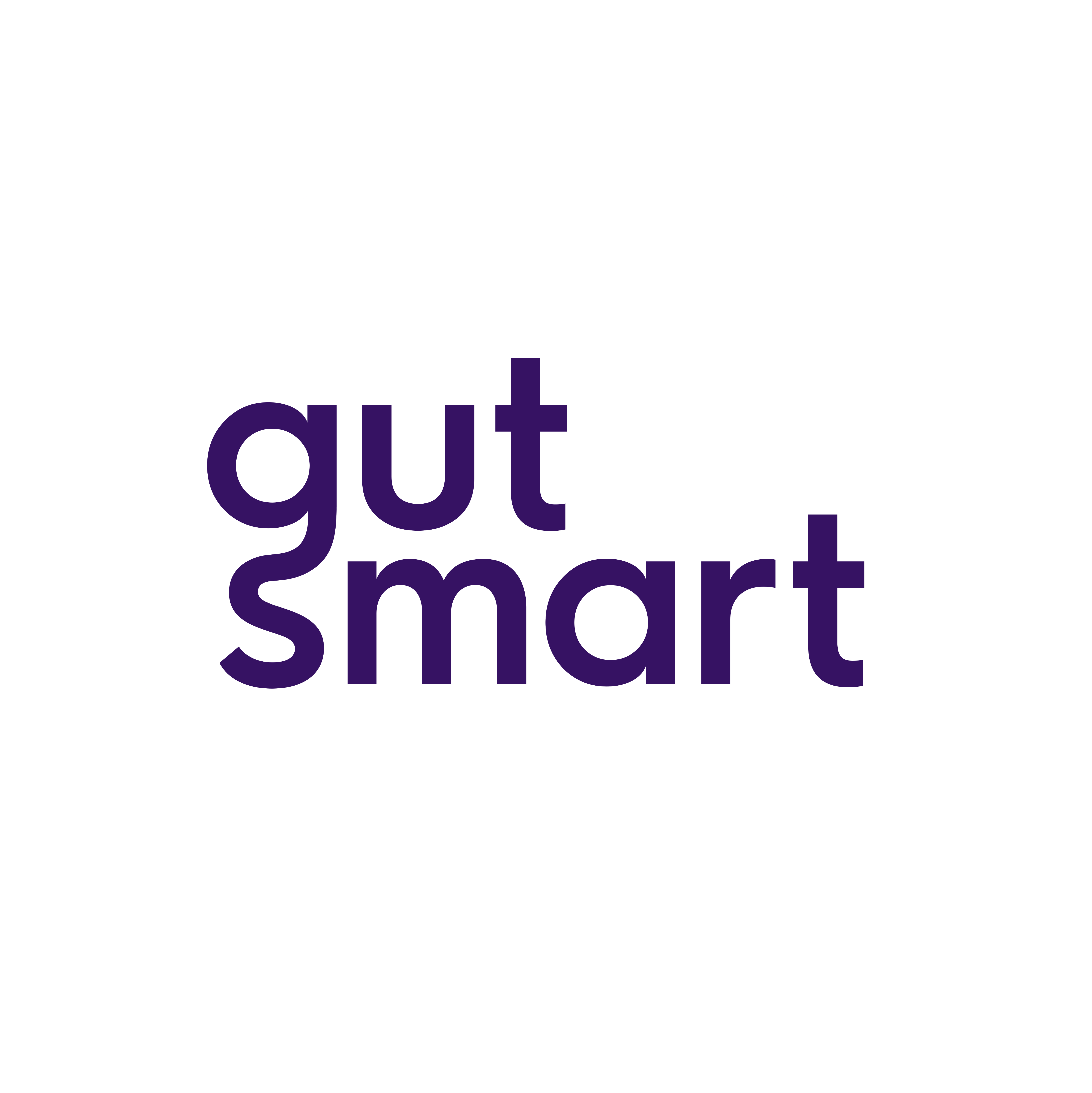Eating Well When Feeling Unwell with IBD
Key points
- When unwell you may eat less and not absorb your food well.
- You may lose weight and have other nutrition issues.
- Choose nourishing foods high in protein, energy and good fats.

This dietary resource developed by DECCAN provides general dietary information for people with Inflammatory Bowel Disease (IBD).
For some individuals, IBD can affect digestion and may cause abdominal pain, bloating, nausea and/or diarrhoea, which may lead to eating less. Inflammation and past surgeries can also affect absorption of nutrients. For some, weight loss, lower energy levels and reduced muscle strength can occur. This resource provides some tips on how you can improve your nutrition, whilst not feeling or eating well.
What are the signs that you may not be getting enough nutrition?
- Unintentional weight loss and looser clothing
- Feeling tired, fatigued and having difficulty concentrating
- Low mood or feeling irritable
- Not having enough energy to participate in regular exercise
- Falling or tripping more often
- More frequent infections and a slower recovery
- Slow wound healing
What should you do if you are not getting enough nutrition?
If you are experiencing any nutritional issues or you feel your disease is not well controlled, speak to your doctor about your IBD. You can also ask your doctor to refer you to an IBD dietitian who can help you to get the nutrients your body needs to heal. Getting enough protein, energy and good fats in your diet can help you maintain or rebuild your muscle strength.
What can you do whilst you are waiting to see a dietitian?
- Eat regularly, include small meals or snacks every few hours
- Have a small serve of savoury food followed by a sweet food (e.g. sandwich and yoghurt)
- Include protein foods with each meal (e.g. milk, cheese, ricotta, yoghurt, nuts*, tinned legumes/baked beans, eggs, fish, tofu/tempeh, chicken, meat)
- Include more foods rich in healthy fats with your meals, including avocado, nuts* and nut butters*, seeds, olives, olive oil, and butter/margarine in your diet
- Include more nourishing drinks (e.g. fruit smoothies, lassi, milky chai, hot cocoa, milk, fruit juices, Milo®, Sustagen®, Ensure®)
*if you have strictures, speak with your dietitian about nuts.
Nourishing meal ideas
Breakfast

- Wholegrain/rye toast with nut butter*, avocado, grilled cheese, cottage cheese, ricotta, eggs, baked beans, tinned fish
- Cereal, porridge, overnight oats, granola or muesli with milk, topped with fruit and chopped nuts*
- Smashed avocado + poached eggs on wholegrain/rye toast
- Glass of full cream milk, milky coffee, chai, juice, smoothie
*if you have strictures, speak with your dietitian about nuts
Lunch
- Leftovers with a bread roll and butter
- Sandwich, wrap, roll, bagel with roast meats, egg, tinned fish,hummus, or cheese and salad
- Quiche or Frittata with vegetables
- Vegetable and legume-based soups with grilled cheese on toast
- Sushi rolls with fish, chicken, tofu, meat filling
Dinner
- BBQ fish, chicken, meat with potato salad and vegetables
- Stir-fried vegetables with tofu, nuts*, fish, chicken or meat withrice, noodles
- Baked (tuna mornay, shepherd’s pie, cottage pie) or pasta dishes(lasagne, pasta bake, spaghetti bolognaise, macaroni cheese) withvegetables or salad
- Stews/casseroles with vegetables, legumes, chicken, fish, tofu,meat and mashed potato, polenta, couscous
- Legume-based dishes with rice, roti or naan (lentil curry, dhal,chilli con carne, casseroles)
*if you have strictures, speak with your dietitian about nuts
Snack ideas
- Handfuls of nuts, dark chocolate coated nuts*
- Dried fruit, Medjool dates, fruit straps*
- Fruit topped with Frûche®, yoghurt, custard, rice cream
- Crackers, wraps or crumpets with butter, honey, jam, nut butter*,vegemite, cheese, avocado, hummus, roast meats, tuna
- Banana bread, fruit bun, homemade cakes/biscuits, bliss balls, Nourishing drink: fruit smoothie, frappe, iced chocolate, milo, Up& GoTM, Sustagen® Ready-to-Drink, chai, milky coffee
*if you have strictures, speak with your dietitian about nuts
Acknowledgements:
This resource was developed in 2022 by the DECCAN Education materials working group that included the following Accredited Practicing Dietitians: Alice Day, Jessica Fitzpatrick, Emma Halmos, Katherine Healy, Liz Purcell, Emily Hunt, Rumbidzai Mutsekwa, Nadia Shadid, Clara Newsome, Sarah Phillips, Emma Landorf. Requests and enquires about this document should be directed to [email protected] or website www.deccanibd.org. DECCAN does not take any liability for any injury, loss or damage incurred by the use or reliance on this information.
Developed December 2022. Date for review December 2024.
